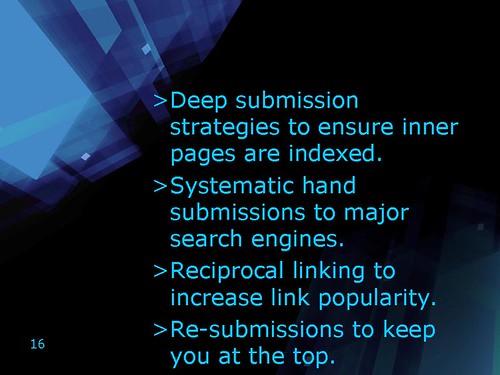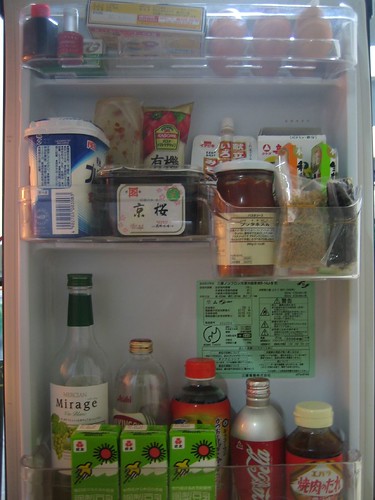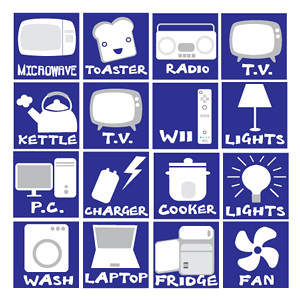In order to maximize internet traffic through search engine results, you will need to step into the world of search engine optimization. Search engine optimization, also known as SEO, is the act of optimizing a web page through various techniques in order to improve search engine rankings. Though many factors play a role in search engine results, the content and layout of a web page is imperative to its search engine rankings. SEO can be a time consuming process, but when performed correctly, is actually a simple process that will boost your search engine rankings.
One of the most well known, and equally important components of SEO is keyword density. Keyword density basically refers to the frequency that your keywords appear in your text. Rather than focusing on using your keywords a certain amount of times in the text of your web page, it is better to let the keywords appear naturally. In other words, do not use force yourself to use the keywords frequently in your content. Rather, when you are creating your content, make sure to the keywords are used. Forced use of keywords is easy to detect, as your content will not flow and this may discredit you in the eyes of your audience. Plus, search engines check for keyword stuffing, which is the over usage of the web page's targeted keywords. Pretend you have a web page that sells insurance, so you are targeting the keyword "insurance". The improper way to include your keywords would be: "My insurance company is the premiere insurance company on the web, which sells insurance and gives insurance quotes." It is quite obvious we are trying to use the keyword "insurance" as frequently as possible, but by doing so we have only made ourselves look like terrible writers. Would you continue to view that web page if you were seriously in the market for insurance? Now, a more natural way to use the keyword be along the lines of: "Welcome to my insurance company, the premiere insurance provider on the web." This is a naturally flowing sentence, which uses our intended keyword twice and still making us seem like professionals. These examples are the differences between forced and natural keyword density. Naturally flowing keyword density is always the best choice.
Another important SEO topic to cover is selecting keywords. It is more realistic to optimize your web page for specific keywords than general keywords. Would you have better luck optimizing an automotive web page for the keywords car, truck, SUV, or something more specific like used car sales, custom truck products, new SUV reviews. Choosing non-specific keywords increases your competition. Ideally, you want to receive targeted traffic, meaning the visitors you receive are interested in what you have to offer. Using more specific keywords help narrow your audience and weaves out visitors who may find your page, but leave immediately because it is not what they were looking for. Using your keyword in the URL can also give you a boost in the rankings, but it is certainly not required. In fact, webmasters are becoming more and more interested in "branding" a web page name rather than using keywords in the URL. For example, do want to use "Google.com", or "justanothersearchengine.com". One brands a unique name that visitors who take interest in the site will never forget. The other uses an important keyword in the URL, but doesn't it seems a little...uncreative?
The title and meta description tags are extremely important components of search engine optimization. Remember that both of these play 2 simultaneous roles. Not only must be optimized for search engines, but these are the glimpses of your web page that search engines will show users. Both should contain your keyword in them, but equally important, they need to captivate your audience. Your title and description is your chance to convince search engine users that this is they page they want to see. Make sure your title and description represent what your web page is all about. Avoid keyword stuffing, as search engines will catch this and consequently lower your rankings. Using meta keywords has become less important in search engine results as search engines themselves have adopted more complex algorithms are methods for retrieving search results. However, it can only help you by making sure to include the meta keyword tag and use the same keywords that you have been using throughout your web page.
SEO is a process that does not always deliver the best possible results the first time. It is not a solution to drive instant traffic. Optimizing a web page for search engines is an experimental process. Understand and measure the performance of your page as you make various changes. Use your results to make additional changes and find out what works best for your page and your selected keywords. Good luck, and don't give up.
Sources:
Google SEO basics for Beginners
songwiehle567@gmail.com
More Cheery Millennial <b>News</b>: 18-29-Year-Olds Aren't Even Close to <b>...</b>
More Cheery Millennial News: 18-29-Year-Olds Aren’t A casual perusal of our finest, financially destitute journalistic publications will most likely yield some pretty dismal information about the economy and how god-awful ...
More Cheery Millennial <b>News</b>: 18-29-Year-Olds Aren't Even Close to <b>...</b>Fox <b>News</b> Sunday Panel Criticizes Romney's Comments On London <b>...</b>
On Fox News Sunday today, Chris Wallace took note of the widespread critical reaction in England to Mitt Romney's comments about the Olympics. Wallace asked the panel about Romney's inartful performance, and two of ...
Fox <b>News</b> Sunday Panel Criticizes Romney's Comments On London <b>...</b><b>News</b> Quiz | July 30, 2012 - NYTimes.com
See what you know about the news of the day. ... We invite students 13 and older to comment on issues in the news. See all Student Opinions » · How To Use This Blog » · Daily News Quiz » · Word of the Day » · Student ...
<b>News</b> Quiz | July 30, 2012 - NYTimes.com









